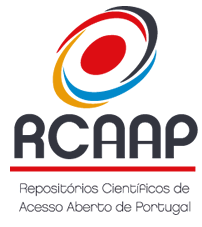Hospital pedagogy: interventions in the pediatric unit from history accounting
DOI:
https://doi.org/10.5433/1679-0383.2018v39n1p53Keywords:
Hospital pedagogy, Storytelling, Hospital classAbstract
The child being hospitalized for a long period of time loses contact with their daily life, leaving school, playing, which may affect their psycho-emotional and social conditions. In order to alleviate such repercussions, several play activities can be developed during the hospitalization period, such as storytelling, for example. The purpose of this study was to structure and evaluate the development of an intervention proposal from the Storytelling for hospitalized pediatric patients. The study was carried out in the toy library of a Hospital in the interior of São Paulo, from 10 meetings, lasting 40 to 60 minutes, using a variety of playful resources and children’s stories. Fifty children of both sexes, aged between 1 and 13 years, participated in the study. The results pointed out that Hospital Pedagogy and, specifically, storytelling can bring contributions to the hospital and hospitalized children, facilitating the coping of the surgical process and hospitalization, as well as promoting an approximation with daily school life and learning.Downloads
Downloads
Published
How to Cite
Issue
Section
License
Copyright (c) 2018 Semina: Ciências Sociais e Humanas

This work is licensed under a Creative Commons Attribution-NonCommercial 4.0 International License.
Semina: Ciências Sociais e Humanas adopts the CC-BY-NC license for its publications, the copyright being held by the author, in cases of republication we recommend that authors indicate first publication in this journal.
This license allows you to copy and redistribute the material in any medium or format, remix, transform and develop the material, as long as it is not for commercial purposes. And due credit must be given to the creator.
The opinions expressed by the authors of the articles are their sole responsibility.
The magazine reserves the right to make normative, orthographic and grammatical changes to the originals in order to maintain the cultured standard of the language and the credibility of the vehicle. However, it will respect the writing style of the authors. Changes, corrections or suggestions of a conceptual nature will be sent to the authors when necessary.

















